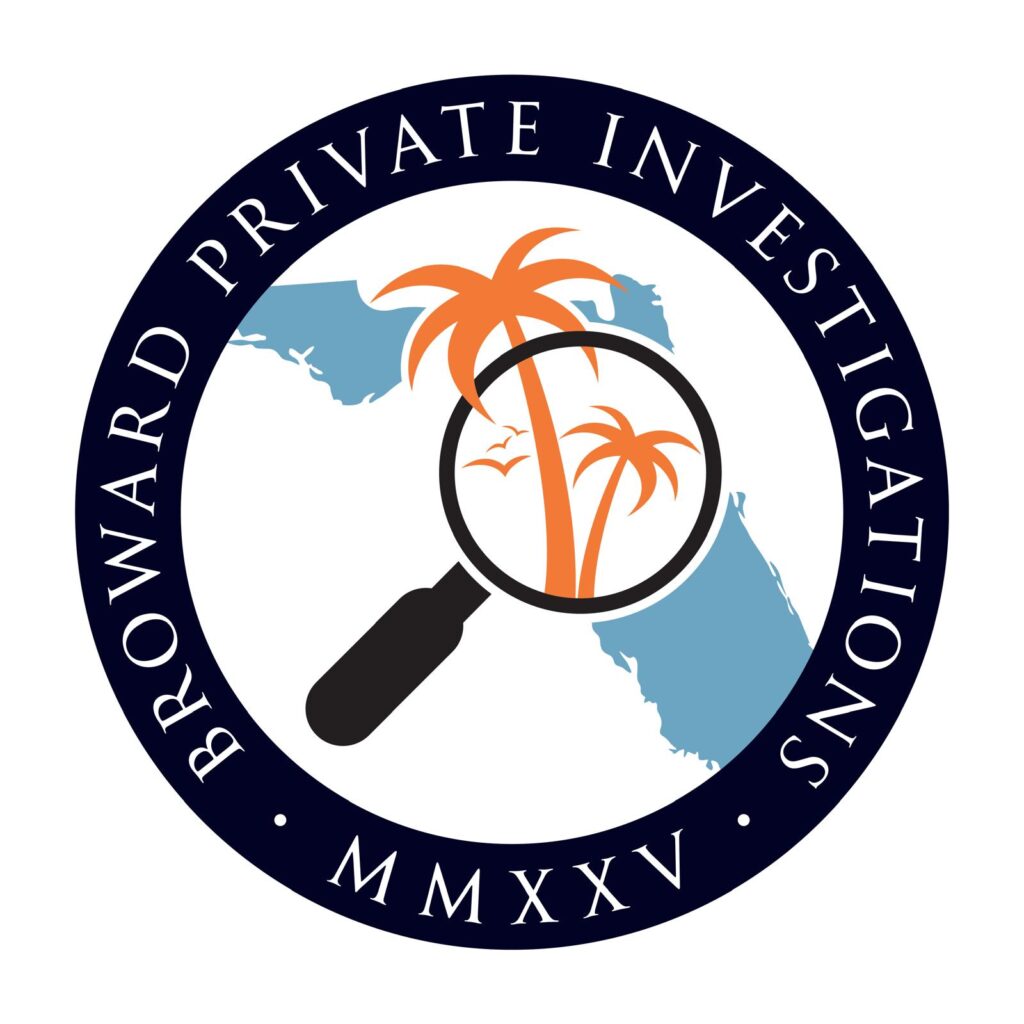Legal Powers of a Private Investigator: What You Need to Know
Private investigators (PIs) have long been portrayed in movies and TV shows as mysterious figures who can obtain information by any means necessary. However, the reality is far more regulated. PIs must adhere to strict legal guidelines, ensuring that their work is both ethical and lawful. In this blog, we’ll explore the legal powers of a private investigator, shedding light on what they can and cannot do.
What Are the Legal Powers of a Private Investigator?
Private investigators are professionals hired to gather information, conduct surveillance, and uncover facts for clients. While their skills and techniques can be impressive, they operate within a legal framework that dictates their actions.
1. Surveillance
One of the primary tasks of a PI is conducting surveillance. This includes observing a person, location, or event to gather information. PIs are legally allowed to follow and observe individuals in public spaces where there is no reasonable expectation of privacy. However, they cannot trespass on private property, use illegal means to track someone, or invade private spaces such as homes without permission.
2. Background Checks
Private investigators can legally conduct background checks on individuals, which may include looking into criminal records, employment history, financial records, and social media activity. This is particularly useful for employers, legal professionals, and individuals who need to verify someone’s background. However, PIs must comply with federal and state laws, such as the Fair Credit Reporting Act (FCRA), which governs the use of consumer information.
3. Public Record Searches
PIs have access to a wide range of public records, including court records, property records, marriage and divorce records, and business filings. These records are available to anyone, but PIs have the expertise to navigate and interpret them efficiently. While accessing public records is legal, using this information for illegal purposes, such as harassment or discrimination, is strictly prohibited.
4. Interviewing Witnesses
Private investigators often conduct interviews to gather information relevant to a case. They can legally approach and question potential witnesses, friends, neighbors, or colleagues of the subject of their investigation. However, they must identify themselves and cannot use coercion or intimidation to obtain information. Witnesses also have the right to refuse to answer questions.
5. Surveillance Equipment
PIs may use various surveillance tools, such as cameras, GPS trackers, and audio recorders, but their use is heavily regulated. For instance, recording audio without consent is illegal in many states, and using GPS tracking devices without the subject’s knowledge can violate privacy laws. PIs must be aware of the laws in their jurisdiction to avoid illegal surveillance practices.
6. Working with Law Enforcement
While PIs are not law enforcement officers, they can work closely with police and other authorities. In some cases, the evidence gathered by a PI can be used in court, provided it was obtained legally. However, PIs do not have the authority to make arrests or carry firearms unless they are licensed to do so under specific circumstances.
What Private Investigators Cannot Do
Despite their skills and expertise, there are several actions that private investigators are legally prohibited from taking:
- Trespassing: PIs cannot enter private property without permission.
- Wiretapping: Recording phone calls or conversations without consent is illegal in most jurisdictions.
- Impersonation: PIs cannot impersonate law enforcement officers or other officials to gain information.
- Tampering with Mail: It is illegal for PIs to intercept, open, or tamper with someone else’s mail.
- Hacking: Accessing someone’s email, social media accounts, or other online accounts without permission is illegal.
Conclusion: The Balance of Power and Ethics
Private investigators play a crucial role in uncovering truths and providing valuable information on various legal and personal matters. However, they must operate within the bounds of the law, balancing their investigative skills with ethical considerations. Understanding the legal powers of a private investigator ensures that their work is both effective and lawful, providing clients with the information they need while respecting the rights and privacy of others.
If you’re considering hiring a private investigator, it’s essential to choose a licensed professional who understands the legal limitations and ethical standards of the industry. This ensures that the investigation is conducted properly and that any evidence gathered can be used effectively in legal proceedings.
By understanding the legal powers and limitations of private investigators, you can make informed decisions and ensure that your rights—and those of others—are protected.
